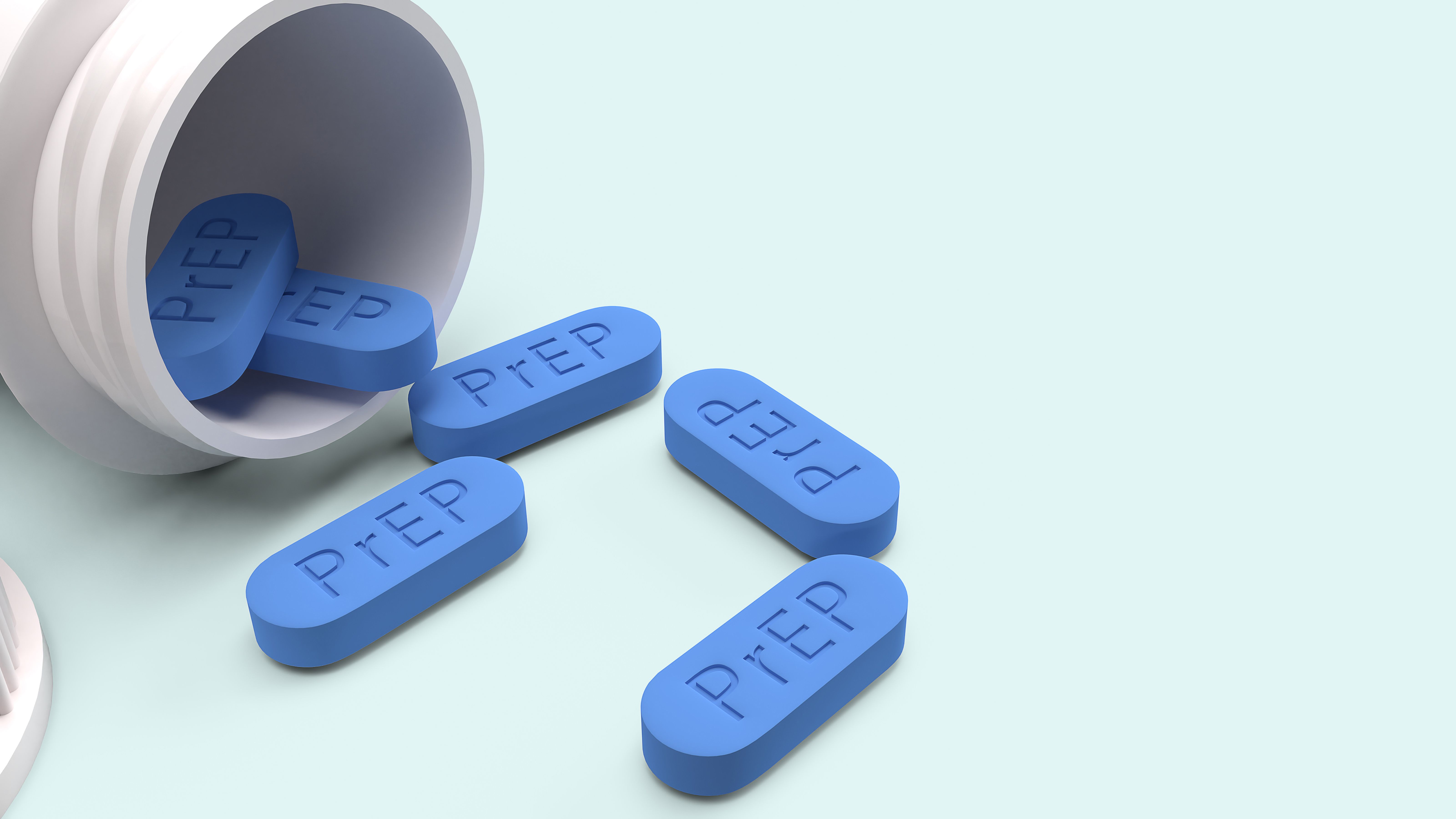Digital health tools that offer monitoring and online peer support could help increase uptake of pre-exposure prophylaxis (PrEP) among younger individuals who are at-risk for HIV, according to new research published in The Lancet Digital Health.1 Researchers noted that the findings have implications for the development of future interventions.
PrEP is a key component of comprehensive HIV prevention, but uptake and adherence remains crucially low. According to the CDC, of 1.2 million people in the United States who would benefit from using PrEP, only 30% were utilizing the treatment as of 2021 and rates were lowest among individuals between the ages of 13 to 24.2
Key Takeaways
- A study published in The Lancet Digital Health suggests that incorporating digital health tools such as monitoring and online peer support can significantly increase the uptake of pre-exposure prophylaxis (PrEP) among young individuals at risk for HIV.
- Despite advancements in biomedical innovations like PrEP for HIV prevention, the study highlights the persistent challenge of low utilization rates, particularly among individuals aged 13 to 24. This underscores the need for behavioral interventions and support services.
- Participants receiving a combination of automated text messaging, monitoring, peer support, and telehealth coaching interventions demonstrated a substantial increase in PrEP uptake, sustained over a two-year period. This underscores the effectiveness of multifaceted interventions and emphasizes the importance of sustained efforts for comprehensive HIV prevention.
“Science is developing biomedical innovations at an impressive rate but getting people to use them is very challenging as we saw with COVID vaccines and as we're seeing with PrEP for HIV prevention,” Dallas Swendeman, lead author on the study, said in a release.3 “We still need behavioral interventions and wraparound services to support people in their whole person care to prioritize HIV prevention as well as the other competing needs and priorities they have in their lives.”
A team of investigators from UCLA Health Sciences conducted a study to assess the efficacy of digital health tools in improving the uptake of and adherence to PrEP, condom use, and post-exposure prophylaxis (PEP) among adolescents at-risk of HIV. The randomized controlled trial assigned individuals between the ages of 12 and 24 from 13 community-based organizations in Los Angeles and New Orleans, as well as online dating apps and social venues, to either 1 of 4 interventions for 2 years.
The study cohort included 895 participants who were enrolled in the trial between May 2017 and August 2019, with follow-up occurring in November 2021. Of the participants, 40% were Black or African American, 29% were Latinx or Hispanic, 21% were White, and 6% were Asian or Pacific Islander. PrEP use matched national rates, with 11% of participants reporting using the treatment at the start of the study period.
The 4 interventions were: automated text messaging and monitoring (AMMI) only, AMMI plus peer support via private social media, AMMI plus strengths-based telehealth coaching by near-peer paraprofessionals, or AMMI plus peer support and coaching.
READ MORE: Three-Dose Hepatitis B Vaccine Regimen Can Protect Those With HIV
Investigators found that PrEP uptake increased from 11% to over 20% in the participants who received all 3 interventions after 8 months and was sustained through the 2-year follow up. This is compared to 15% among participants in the other 3 intervention groups. Participants in the 2 groups that received coaching were also seen to stay more engaged in both mental health and supportive services.
Additionally, there was no evidence that any of the 4 interventions had an impact on condom use, PEP use, PrEP adherence, or sexual partner numbers. There were no unanticipated or study-related adverse events.
“We need to be more proactive with behavioral and implementation science to bridge translational gaps between biomedical discoveries, uptake and impact.” Swendeman said.
Study limitations include a potential impact on study procedures and retention due to the COVID-19 pandemic, that the sample might not be representative of or generalizable to young people in other locations and settings, that the PrEP outcome was based on self-report of current use at each assessment, and that the enhanced standard of care that all participants received are active interventions that do not reflect real-world standard of care.
“More research is needed to understand the associations between prevention option choice among young people with inconsistencies in risk behaviors over time,” the authors concluded. “Future research should examine the interventions used in this study in implementation-effectiveness studies with front-line HIV prevention organizations and compare it with real-world standards of care.”
READ MORE: HIV Resource Center
References
1. Swendeman D, Rotheram-Borus MJ, Arnold EM, et al. Optimal strategies to improve uptake of and adherence to HIV prevention among young people at risk for HIV acquisition in the USA (ATN 149): a randomised, controlled, factorial trial. Lancet Digit Health. 2024;6(3):e187-e200. doi:10.1016/S2589-7500(23)00252-2
